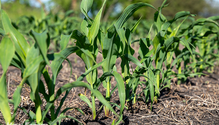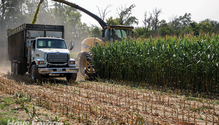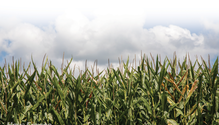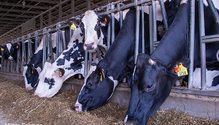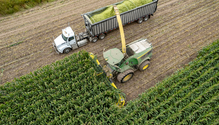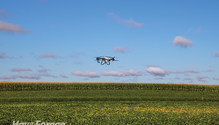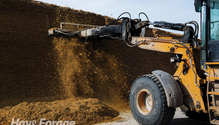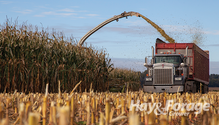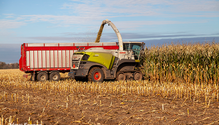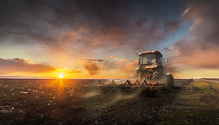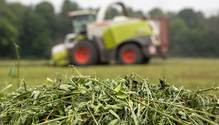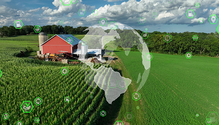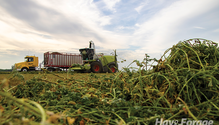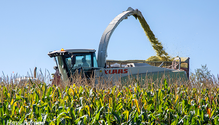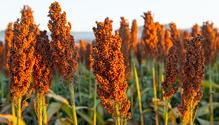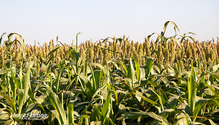Close
Brown midrib (BMR) corn has been a key player in the starting lineup of many dairy farmers’ feed crop rotations. But now that BMR hybrids are being called off the court and phased off the market,
I have been asked what ideal corn silage looks like quite a few times over the past 15 years. With dairy and beef producers feeding greater amounts of corn silage to their herds, yield and quality are
As each year winds down and we approach a new one, we tend to reflect on the previous 12 months. This year is no different, with the top moments in sports, music, or news filling year-end headlines. In
In a recent Hoard’s Dairyman webinar titled “A feed and forage outlook for the year ahead,” Mike Hutjens with the University of Illinois summarized the highs and lows of corn silage and
Self-propelled forage harvesters can adjust on the go, corresponding with data being collected as the crop is harvested
In the world of haymakers, the dry hay balers and higher moisture choppers comprise most of the electorate. Somewhere in between are the baleage makers, but their numbers among the voting public are g
Drones are becoming an important tool for farmers and ranchers across the country. They offer solutions for improved pest scouting, chemical application, and seeding. In the early days of drone utilization
When walking a feedbunk filled with a total mixed ration (TMR) containing some haylage, it’s pretty easy to spot haylage chunks that didn’t get broken up and mixed. These chunks stick out like
The number of moving parts and pressure to get everything correct during corn silage harvest can be daunting. It is worthy to recognize that the harvest season is a valuable learning and planning opportunity
In a recent Hoard’s Dairyman webinar, John Goeser compared the corn silage growing season to a football game. Metaphorically speaking, he said farmers had the ball going into the fourth quarter,
Traffic gets slower this time of year if your commute includes a county road in farm country. As we approach the busy season for corn silage, grain harvest, and later cuttings of alfalfa, both sides o
Soil can become compacted from heavy trampling with livestock grazing on pastures or frequent tractor traffic over hayfields
At last month’s International Silage Conference held in Gainesville, Fla., keynote speaker Kenneth Kalscheur kicked off the opening session with an overview of silage utilization in the U.S. Kalsche
Last week, the 20th International Silage Conference made its way to the United States for a five-day event in Gainesville, Fla. The agenda was as full and diverse as the convention center ballroom tha
Custom harvesters, like most business owners providing goods or services, have dealt with or will deal with a customer who does not pay for the goods or services provided. Disputes, conflicts, mi
Tar spot was hardly a blip on the radar until a decade ago when it first arrived in Indiana and Illinois cornfields. Now, the foliar disease causes major grain losses across the region each year, and
While nutrient content and digestibility drive energy value to a large extent, particle size and the physical characteristics of your silage are increasingly important to account for in order to unlock
According to Matt Makens, 1998 is also when farmers started a decades-long wrestling match with high-frequency drought
As my kids approach their teenage years, I’ve realized my ability to influence their habits from a fatherly perspective needs to evolve
Sorghum has long resided in the shadow of corn grown for silage. Even though the former species is often touted for its drought tolerance and water-use efficiency, sorghum silage has rarely been a dai
..
Visit our partner publications:
Hoard's Dairyman | Journal of Nutrient Management
